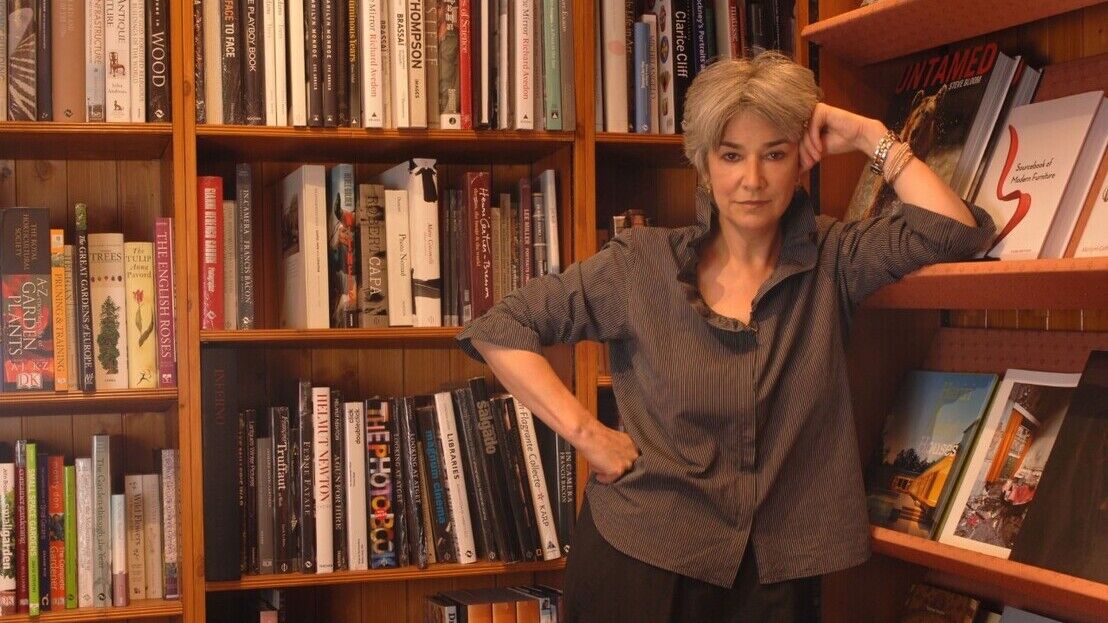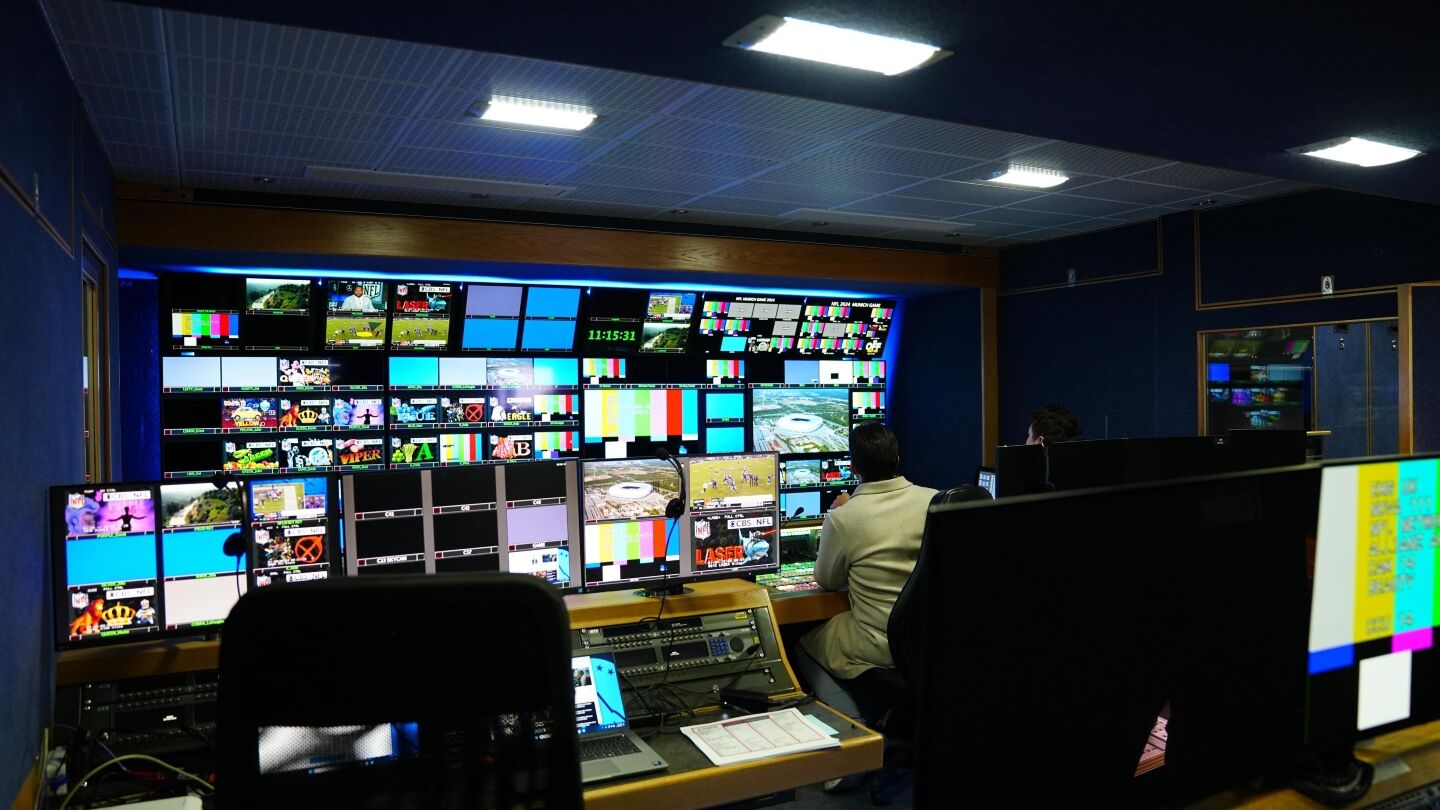Boom Radio, which launched last month, is thought to be the first UK station without a central studio facility. Kevin Hilton found out how the presenters are broadcasting entirely from home.
A name often says a lot about something. Boom Radio, which went on air in the UK on 14th February, is a new music and talk station for Baby Boomers (people born between 1946 and 1963/64). What the name doesn’t say - but the presenters do - is that it is being broadcast from the DJs’ homes, not a traditional studio centre.
While broadcasting from home is not new - it dates back to the 1970s and became easier during the 90s thanks to connection technologies such as ISDN (Integrated Services Digital Network) - the coronavirus crisis has made it a necessity rather than an option. Boom Radio has taken the idea further to become what is believed to be the first national UK radio station without a central studios building.
On air the station is targeting the 60+ audience, which founders Phil Riley - a radio executive (Chrysalis Radio and Orion Media) - and David Lloyd, who has worked variously as a...
You are not signed in
Only registered users can read the rest of this article.

Virtual thinking: Is education keeping pace with industry requirements?
Investments in university-led facilities and studio partnerships throughout the UK have seen virtual production, real-time engines and hybrid pipelines move from the margins into mainstream curricula. But is higher education matching the skills demand from the industry? Michael Burns reports.
Vertical dramas: Market disruptor or passing fancy?
As studios begin to embrace the potential of vertical micro-dramas, should their rise be dismissed as merely a fad or a profound shift in the production, consumption and gender-bias of global storytelling?

ISE 2026: Thriving on an integrated identity
A show that mixes a vast number of different business areas shouldn’t work, but it does because the underlying technology is finally integrated.

Winter Wonderland: All the tech at the Milano Cortina Olympics
Between first-person-view drones, expanded real-time 360° replays, and a massive virtualised production setup, Milano Cortina 2026 is set to be a major step forward in immersive, scalable, and sustainable Olympic broadcasting.

Creator. Experience. Streaming: The new economies of broadcast AV
As brands, corporates, and creators claim their stake in the content landscape, the boundaries between broadcast and professional AV are dissolving. No longer just a convergence, the broadcast AV landscape is now shaped by new economies of creation, experience, and streaming.



.jpeg)
